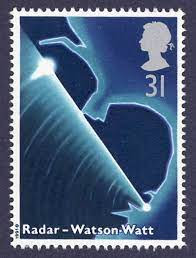International Volunteer Day (IVD) is observed annually on December 5th. It is a global celebration that provides an opportunity to recognize and honor the efforts of volunteers worldwide, as well as to promote the value of volunteerism in making positive contributions to communities and societies.
The United Nations established International Volunteer Day to raise awareness about the importance of volunteerism and to inspire more people to engage in volunteer activities. The day also serves as a platform for volunteer organizations and individuals to showcase their work, share their experiences, and highlight the impact of volunteering on local and global issues.
Each year, International Volunteer Day has a specific theme that focuses on various aspects of volunteerism. The themes often highlight the role of volunteers in addressing specific social, economic, or environmental challenges.
Volunteering plays a crucial role in addressing issues such as poverty, inequality, environmental sustainability, and community development. It fosters a sense of civic responsibility, solidarity, and a commitment to making a positive difference in the world. On International Volunteer Day, organizations and communities often organize events, conferences, and activities to recognize volunteers and promote the importance of volunteering.


